Book Review of B. C. Forbes' "Keys to Success"This book was initially published in 1917, and then redistributed in 1918 and 1926. The first chapter of this work by B. C. Forbes, highlights the one individual who owns personal success: “You.” It ends with the final means of attaining success: building “Foundations.” The subjects covered between these all-important “bookend chapters” expand on and support these concepts.
As I read, I wondered how many of us talk to our kids about the power of politeness, courage, initiative, personality, self-education, ideals, and enthusiasm, and the ability these traits have in improving their individual chances for success? I know that I, personally, have fallen short in this area of my own “self-education,” but this is why I read these books and capture what I discover in reviews.
0 Comments
Book Review of B. C. Forbes': "Teamwork"This is a short read. It is an excerpt of four articles from “Keys to Success.” It is written in B. C. Forbes’ typical style of short, dramatic, to-the-point statements. He doesn’t waste or mince words in this work. After reading Booker T. Washington's "Up from Slavery," I think he would agree with Mr. Forbes' article on "You" and its assignment of individual responsibility. Teamwork which was published in 1922 is in the public domain. Select the link below or image above to read the entire book review and download the book.
Cheers, - Peter E. Insights into Harvey Firestone's "Men and Rubber"Reading Mr. Firestone's philosophy of business was refreshing to say the least. The following is one quote from the book:
McClure's Magazine Editorial on PatriotismIn July 1903, the McClure’s Magazine editorial staff published this article on “Patriotism.” Although it is now over a century old, it should sound alarm bells for many of us in this election year of 2024. The magazine was taking on corruption across the United States of America. Its journalists—the foremost muckrakers of the day, were publishing exposés on Standard Oil and the corrupt political institutions that ran the cities of St. Louis, Minneapolis, Pittsburgh, and Philadelphia. The editors were encouraged that their readers understood their motivations, but some readers were discouraged by what was being exposed. This is the resulting McClure’s Magazine editorial.
I praise the McClure’s editorial staff for continuing to express “truths.” We should do the same. Be not discouraged … be courageous … be patriotic. Peter E. Greulich, Vietnam-era Veteran
Industrialists' Anthology Book Reviews Home PageAn industrialist was an individual who was building "something to last." This was quite different from today's understanding of too many chief executives who are "capitalist-driven" leaders. This home page contains links to early books that described the character of some early American industrialists who laid the foundations for the United States of America.
Select image above or the link below to peruse these selected industrialists' anthologies.
B.C. Forbes' "You" Article from "Teamwork" and "Keys to Success."B.C. Forbes provided this advice in the first quarter of the twentieth century, yet it seems so very, very applicable -- more than ever -- today.
Maybe if we all realize that the most important character in the success of our lives is "ourselves" we would all be much happier.
Cheers, - Peter E. What Is The Foundation For High-Performance Corporations?Too often, individual stakeholders lose sight of how dependent they are on each other. Shareholder-first and ‑foremost is as wrong-headed as labor-first and -foremost, customer-first and ‑foremost, or society-first and ‑foremost.
Finally, because shareholders receive stable dividends and capital growth, they stand ready to fund future growth. This is how the value of all stakeholders’ investments are maximized through an equitable distribution of corporate profits. This article focuses on how a corporation can be a high-performance corporation by monitoring how it is meeting its employees' basic, psychological, and self-fulfillment needs. It isn't paternalism. It is good business sense.
An IBM Case Study: Measuring CEO Performance Through Sales ProductivityAny successful corporation over the long term requires a chief executive with the mindset of a salesman-in-chief. Royal Typewriter had George Ed Smith. Firestone Tire Company had Harvey S. Firestone. General Motors had Alfred P. Sloan. Lord & Taylor had Dorothy Shaver. Needless to say, IBM had Thomas J. Watson Sr. and Thomas J. Watson Jr. Sales morale is the governor that steadies the sales productivity engine, and it is the responsibility of the corner office to keep sales’ morale up and its output constantly growing under variable economic conditions.
In the technology industry, is the testing organization ensuring that customers aren’t the final test bed for every new release? Is the corporation aware of the customers’ key objections and is its sales enablement organization training its customer-facing individuals to overcome these objections?
A thorough study of sales productivity will map out the internal organs of an entire corporation, and it will determine how well or poorly they are functioning. It determines why a corporation cannot move its products. At IBM, salesmen used to sell the integrity of a corporation that would not let a customer fail, but corporate integrity requires integrity in the corporation's corner office. Corporate America—not just IBM—needs more Salesmen-in-Chiefs. Arvind Krishna: IBM 2023 Revenue PerformanceIBM’s 2023 Revenue under Arvind Krishna’s four years of leadership is down $15.3 billion since the end of 2019, falling $3.5 billion in 2020, falling $16.3 billion in 2021, rising $3.1 billion in 2022, and finally, rising $1.3 billion in 2023 to reach $61.9 billion—a 20% decline in revenue from the $77-billion corporation Arvind Krishna inherited from Virginia (Ginni) M. Rometty in 2020. Select image above of the link below to read about Arvind Krishna's IBM revenue and profit performance from 2020 to 2023.
Arvind Krishna: IBM 2023 Key Performance Indicators (KPIs)As of April 16, 2024, this page and all its associated webpages have been updated with key performance information/metrics (KPIs) through the end of 2023. These webpages cover the overall performance of IBM's tenth Chief Executive Officer, Arvind Krishna (2020 - 2023). In April 2020, IBM installed its tenth chief executive officer: Arvind Krishna. How has Arvind Krishna performed since taking over the corner office? After four years, Arvind Krishna's performance numbers are found on this website. Follow one of the links provided in your area of interest. - IBM Shareholder Returns and Risk Performance - Revenue and Profit Performance - IBM Market Value Performance - IBM Employment Security Performance
Arvind Krishna's 2020-2023 Market Value ResultsHow did Arvind Krishna's leadership affect IBM's 2020-23 market value in his fourth year as CEO? In what would seem a bright start for IBM's short-term stakeholders, IBM's market value increased 17.4% in 2023. For long-term shareholders the market value story is much different. They must be concerned if IBM's Artificial Intelligence (A.I.) powered surge in market value can be maintained, or is it another head fake like so many others in the 21st Century: IBM's market value over the last two decades including the latest positive surge has lost 22% of its value—an overall $42.5 billion.
This puts IBM's market value "surge" of 17% in 2023 in historical perspective. Arvind Krishna's 2020-23 Employee Revenue and Profit Productivity PerformanceAs the reader will discern from these charts, IBM's employee sales and profit productivities have been dropping for a very long time—more than two decades. Although at first blush it would superficially appear that Arvind Krishna has stopped the downward trend in employee productivity, inflation considerations tell a deeper, more concerning story.
This is the first update to Arvind Krishna's performance pages that were last published with results through the end of 2021. The rest of his performance pages will be updated in April, hopefully in time for IBM's Annual Shareholder Meeting on Tuesday, April 30, 2024. If you want to be an informed stakeholder stay tuned.
Select the image above or the link below to review these charts and numbers on Arvind Krishna's employee sales and profit productivity and decide for yourself if he is earning his paycheck. More to come. Stay tuned. Opinion Piece for Presidents' Day by a Vietnam-era VeteranThis is an assessment of how one President’s opinion expressed in 1911—fifty years after the Civil War, if it was read and studied by Abraham Lincoln, might teach us tolerance today in how we are addressing our attitudes towards our deceased Civil War veterans—the veterans of both the North and South. Maybe President William Howard Taft has a point that the President who gave his life for our country would understand. Peter E. Greulich, Vietnam-era Veteran Select the image or link below to read the "rest of the story." Does an Chief Executive Want Experience and Skill, or "Faith?""There are plenty of people to do the possible; you can hire them at forty dollars a month. The prizes are for those who perform the impossible. If a thing can be done, experience and skill can do it; if a thing cannot be done, only faith can do it." "Human Confessions," Frank Crane, 1911 Select the image or link below to read more business witticisms. Review of Booker T. Washington's Autobiography "Story of My Life and Work"“The Story of My Life and Work” was first published in the 1900–02 timeframe while this issue of the book entitled “Booker T. Washington’s Own Story of His Life and Work” was published in 1915. The latter biography was published to also include Booker T. Washington’s “Life and Work” from 1902 onward—including important information such his death and funeral. This is an easy book to read. The chapters flow in chronological sequence and tend to be short, covering a single topic. Large portions of some chapters—such as “Honored by Harvard University,” contain Booker T. Washington’s speeches on and around a particular event in his lifetime. These speeches help the reader understand Mr. Washington’s candor and thought processes on the many issues of his day. Select the image or one of the two links below to read this individual book review or go to Booker T. Washington's Home Page on this website. Review of William Allen White's "Woodrow Wilson: The Man, His Tasks and His Life."This book was fascinating reading. The writer, William Allen White, at times seemed to be almost writing poetry rather than prose. His prose is insightful, questioning, and as one reviewer stated—in the case of Woodrow Wilson—psychological. Several of the 1924-25 reviews of the book commented on its psychological bent. It was this characteristic that made the book very enjoyable to read—seeing inside Woodrow Wilson’s mind, but it also raised questions about if the material wasn’t going too far with some of its balanced but very-personal, psychological insights. Mr. White’s book is a recommended read, but after reading the additional statements made in the overall book review, I think he would say, “You should read Ray Stannard Baker’s masterpiece first: Woodrow Wilson: Life and Letters—and this author would concur. I have learned from the interaction of these two very reputable authors and the works they produced, that access to the subject's personal letters and files when writing a biography is truly important. Peter E. Greulich, Book Review Summary Select image or link provided below to read the full review. This is an opinion piece written by a Vietnam-era veteran for President's Day 2024.It is an assessment of how one President’s opinion expressed in 1911—fifty years after the Civil War, if it was read and studied by Abraham Lincoln, might teach us tolerance today in how we are addressing our attitudes towards our deceased Civil War veterans—the veterans of both the North and South. Maybe President William Howard Taft has a point that the President who gave his life for our country would understand. "We have reached a point in this country when we can look back, not without love, not without intense pride, but without partisan passion, to the events of the Civil War. We have reached a point, I am glad to say, when the North can admire to the full the heroes of the South, and the South admire to the full the heroes of the North." President William Howard Taft "Introduction to the Photographic History of the Civil War," 1911 Select image or link provided below to read the full article. Author's Copies of THINK Again! High Ideals for the 21st Century Are AvailableIf you are a member of the press, an academic at an institution of higher learning, or a chief executive at a major U.S. corporation, reach out to us for an author's copy of "THINK Again!: 20th Century Ideas and High Ideals for the 21st Century." The paperback version of the book will be available on Amazon on February 14, 2024 and the hardcover book will be available on February 17, 2024. There is a very limited supply from a highly idealistic but financially strapped self-publisher. So it is first come, first served. This is an anthology of the lead-in editorials written for THINK Magazine by IBM’s traditional founder, Thomas J. Watson Sr. Tom Watson Sr. wrote these editorials from the magazine’s first issue in June 1935—at 61 years of age—entitled “Introducing THINK,” through his last editorial published in the very month of his death in June 1956—at 82 years of age—entitled “Youth.” When contacting us, provide an email address that is easily identified with your university, press or corporate organization and include a USPS mailing address. We will acknowledge receipt of the request and send a USPS tracking number when shipped. Because of costs, overseas shipments are not possible. Below are two links: (1) a link to "Obtain an Author's Copy" and (2) a link to read "The introduction" to THINK Again! 20th Century Ideas and High Ideals for the 21st Century. Review of Samuel Crowther's book, "Why Men Strike."Samuel Crowther was a reporter, writer, editor, and a biographer to many of the country's greatest industrialists. He is probably one of the most unsung commentators on the industrial/business leadership of the early 20th Century America. His work at System, The Magazine of Business gave him access to the top corporate and political leaders of his day. Samuel Crowther's "Why Men Strike" is readable and enjoyable for anyone who wants to understand that we of the 21st Century are in many ways living the dreams of those who envisioned a better way. We need to practice Samuel Crowther’s definition of thrift—buying more wisely so as to invest the savings. We also need to display Samuel Crowther’s courage, determination, and belief in mankind so that humanity can continue on its ever upward spiral. If we make the way better for others, we will make a better way for everyone. Peter E. Greulich, Review of "Why Men Strike," 2024 Select the image or link below to read the full review. We need more candidates for the U.S. Presidency with "victorious personalities!"“Above all else men need contact with personalities who infectiously recreate faith and courage, and inspire confidence in God and man. Above all else the disheartened spirits of ordinary folk, ‘laggard, fearsome, and thin-ranked,’ need the rallying impact of men whose vision and faith make them unafraid.” Dr. Harry Emerson Fosdick, The Meaning of Faith I am currently reading Dr. Harry Emerson Fosdick's book "The Meaning of Faith." This excerpt is as applicable today as it was in the 19th and early 20th Centuries. It would be insincere though to not admit that in a democracy "we" get who we raise up and then vote for . . . nothing more or less. Sometimes I am one of those "laggard, fearsome and thin-ranked" folks, but I believe in a spiritual entity that will help us raise up and put in a position of leadership another Abraham Lincoln. Stay positive and alert for men and women of "vision and faith" who encourage us be unafraid. Peter E. Greulich, January 3, 2024 Lincoln's personality was on display in everything that he said and accomplished!
This is why I stand for the national anthem.I recently received word that another World War II IBM MRU Veteran passed away at over 101 years of age. It reminded me that I will never, ever kneel in disrespect at the playing of our national anthem because I stand for bravery, respect, tolerance and forgiveness. Taking a knee is an absolute right, but it is absolutely not part of our heritage. You may choose to kneel, but I chose to stand; because we who stand together, we who put aside our individual differences, and we who combine our strengths, will always be stronger and closer to perfection than any country where a citizen lacks the freedom to take a knee. The United States of America is the hope of the world because it is—still, the most perfect union of like-minded imperfections. Select the image or link below to read the full article. Edward A Filene's book, "The Way Out" Explains How Propagandists Rise to Power.From what I have read of Shawn Fain, I have little respect for the man's tactics. He appears to be a radical propagandist and a fully-enable demagogue as described in Filene's book, "The Way Out." "Behind most of the extreme and ill-considered revolts of our time there is a grain of truth, some legitimate ground for protest which has too long been ignored by those whose hands are on the levers of power and authority. This bit of truth, in the hands of reckless doctrinaires, is inflated into a dangerous falsehood and made the inspiration of a radical propaganda which, now and then, flames into actual revolution. "Revolutions never spring from pure theory. Wide spread discontents are never born of the imagination alone. Revolutions may be fed and fanned by designing theorists. They may be harnessed to utterly indefensible programs by able demagogues, but usually they have their beginning in some legitimate protest." Edward A. Filene, "The Way Out, 1924 Select the image or the link below to read "Captains of Industry vs. Captains of Finance" and understand why we need more industrialist-driven and fewer capitalist-driven chief executives and fewer capitalist-driven chief executive officers. A review of Booker T. Washington's book, "The Man Farthest Down."On August 20, 1910, Booker T. Washington left America on a journey to find Europe’s “Man Farthest Down.” He returned a little less than two months later on October 13th. This is one of the conclusions he draws after completing his journey: "The man farthest down in Europe is woman. Women have the narrowest outlook, do the hardest work, stand in greatest need of education, and are farthest removed from influences which are everywhere raising the level of life of the European people." "The Man Farthest Down" is an excellent book that is on par with the other three books of Booker T. Washington that I have reviewed: "Up from Slavery," "Character Building," and "My Larger Education." Select the image below to read the full review or select the link provided to go to Booker T. Washington's book review home page on this website. A Home Page for Reviews of Admiral Richard E. Byrd BooksI started acquiring the books written by Admiral Byrd after reading that he named the Thomas Watson Escarpment in Antarctica after Thomas J. Watson Sr., the traditional founder of IBM. He also related a story about how Tom Watson had helped him acquire film from Eastman Kodak and then donated money for his second trip to Antarctica. This all happened at a time Admiral Byrd said was one of his lowest points in raising funds for the exploratory trip. President Dwight D. Eisenhower wrote the following of Admiral Byrd: “In the passing of Rear Admiral Richard E. Byrd, America and the world have lost one of the truly great explorers of all time … I have lost an old and dear friend. He was the commander of two Arctic and five Antarctic expeditions. Admiral Byrd dedicated his life to the exploration of those little known areas. He was the first man to fly over both the North and South Poles. His explorations charted more than two million square miles of territory, adding tremendously to the world’s scientific knowledge of the polar regions.” If you want to read true, non-fiction stories of a great American pioneer, adventurer, and explorer, I recommend all of these books! These non-fictions have the thrill and excitement of fiction! Select image or link below for Admiral Byrd's Home Page A review of Admiral Richard E. Byrd's book, "Little America."I did not read Admiral Richard E. Byrd’s books in chronological sequence. When I picked up “Little America” which was published in 1930, I did not anticipate learning anything more about the character and leadership traits of this man, this great explorer and pioneer, than I had read in “Discovery”—published in 1935 and “Alone”—published in 1938. I was wrong. As one reviewer wrote, "When in the course of a day’s news—one which makes an individual realize that so many little men in big places infest this great and inspiring land of ours with pessimism and despair, Admiral Byrd’s book buttresses one’s courage and renews one’s optimism.” A highly recommended adventure story that is true … not a fiction supposedly based on fact. As a society, we need to resurrect some of our 20th Century American heroes. Individuals like Admiral Byrd, who have an internal heroism and a supreme confidence in themselves that is tempered with honesty, heart, and humility. Select image or link below to read a full review of Admiral Richard E. Byrd's "Little America." |
Peter E. GreulichPeter E. has been studying IBM and early American corporate history since his retirement in 2011. These are his thoughts and musings, and of those whose biographies and autobiographies he has read with links to articles and book reviews on this website. Contact the author directly.
|


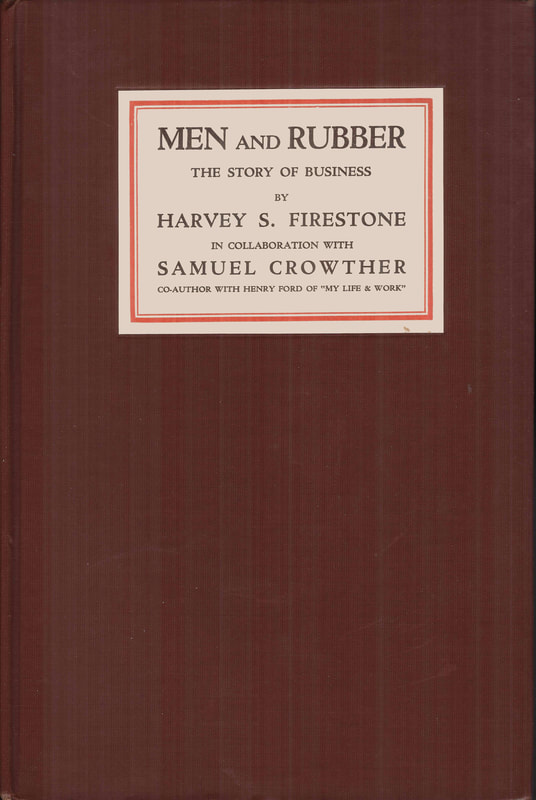

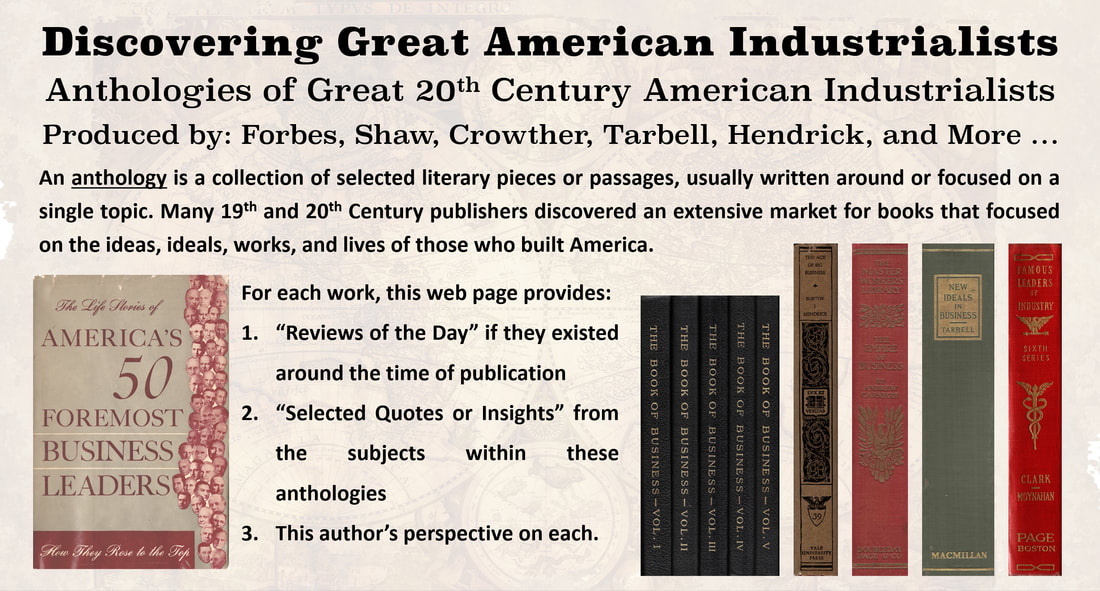
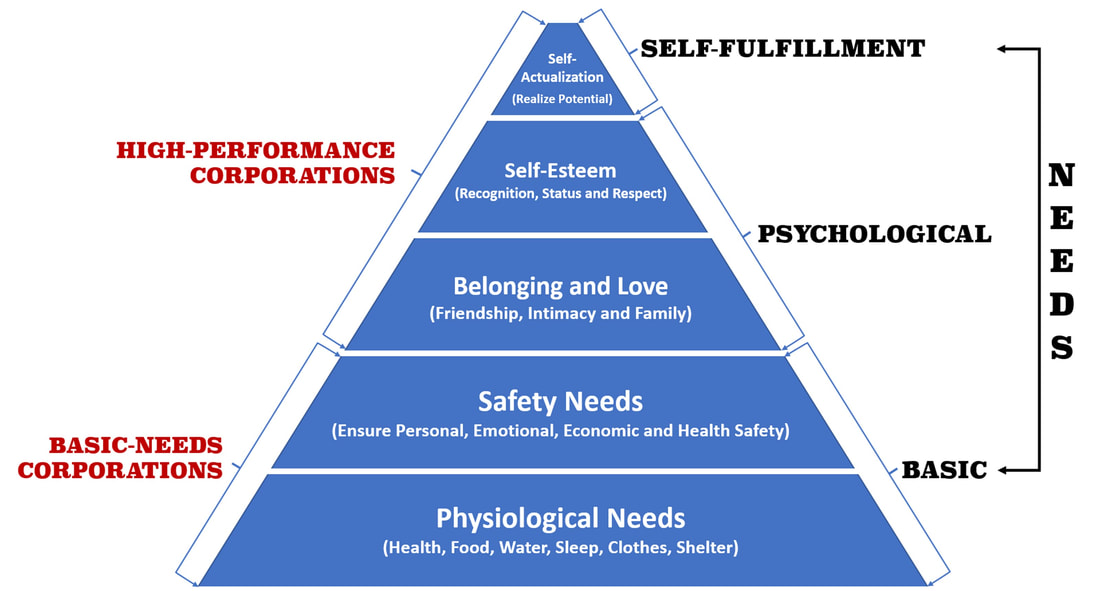





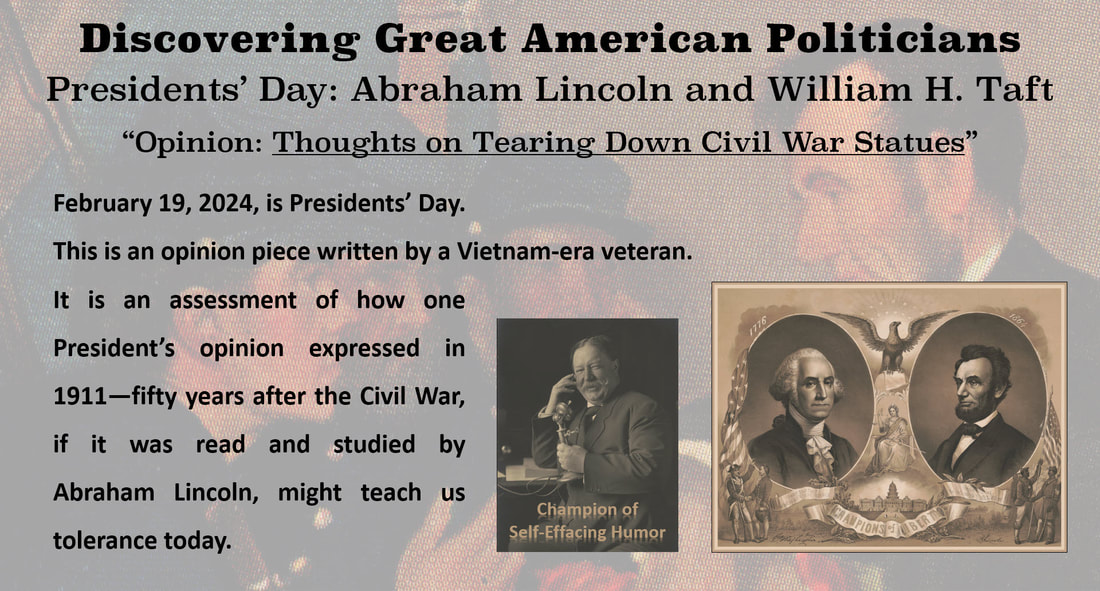

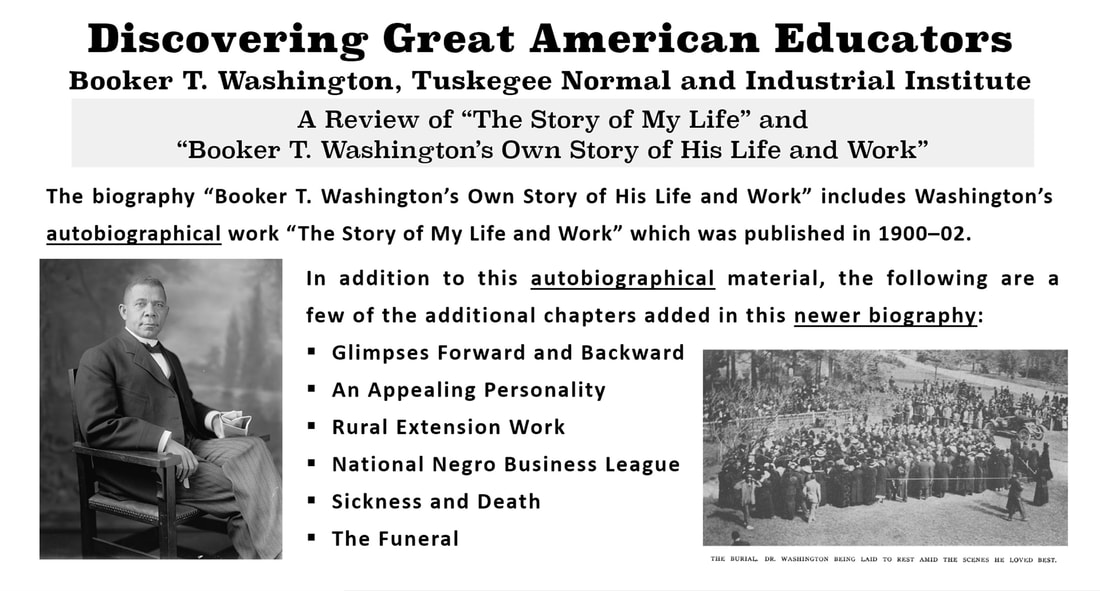
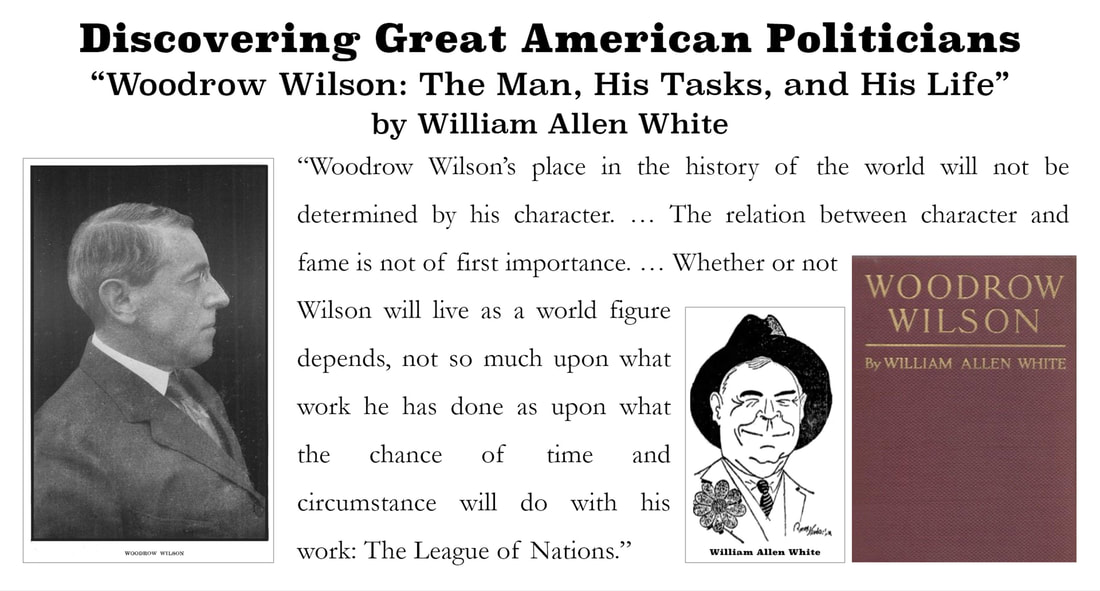
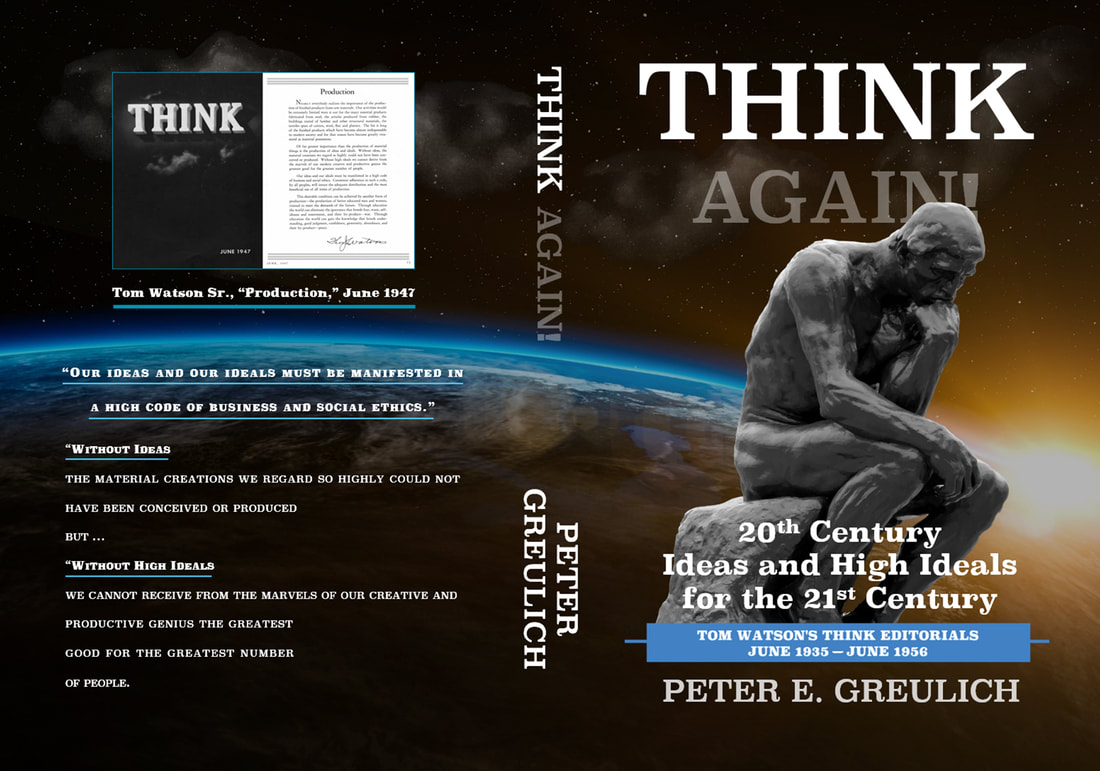
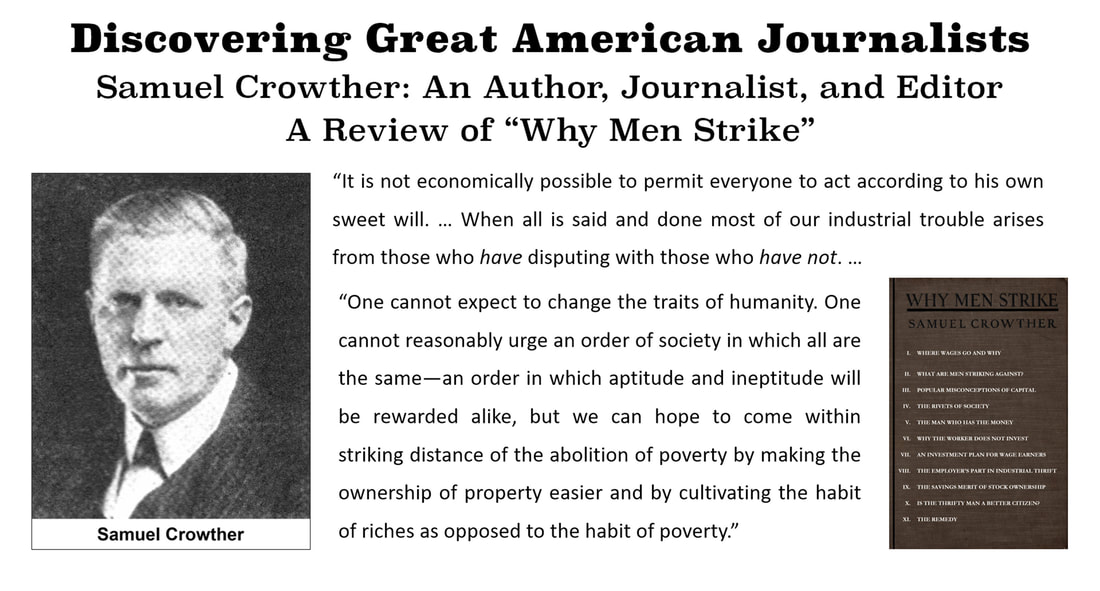
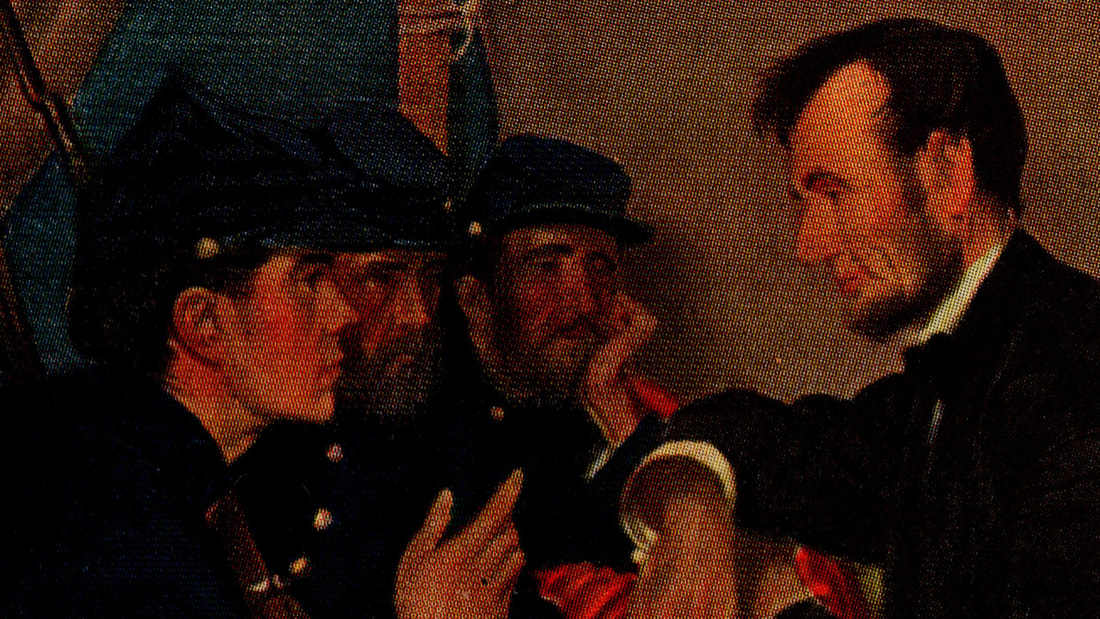
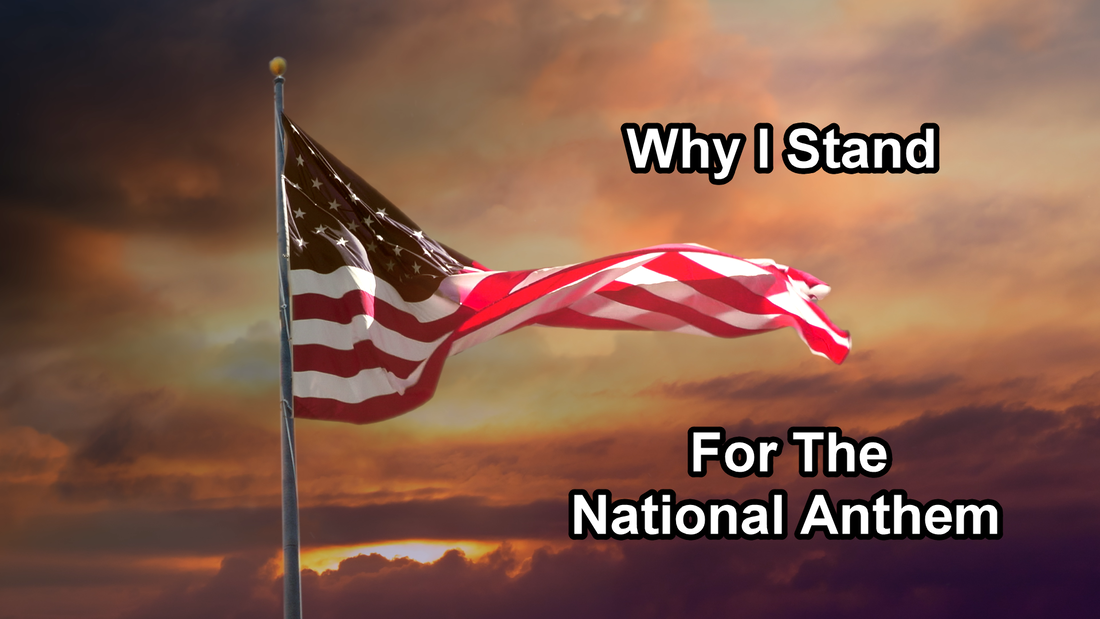
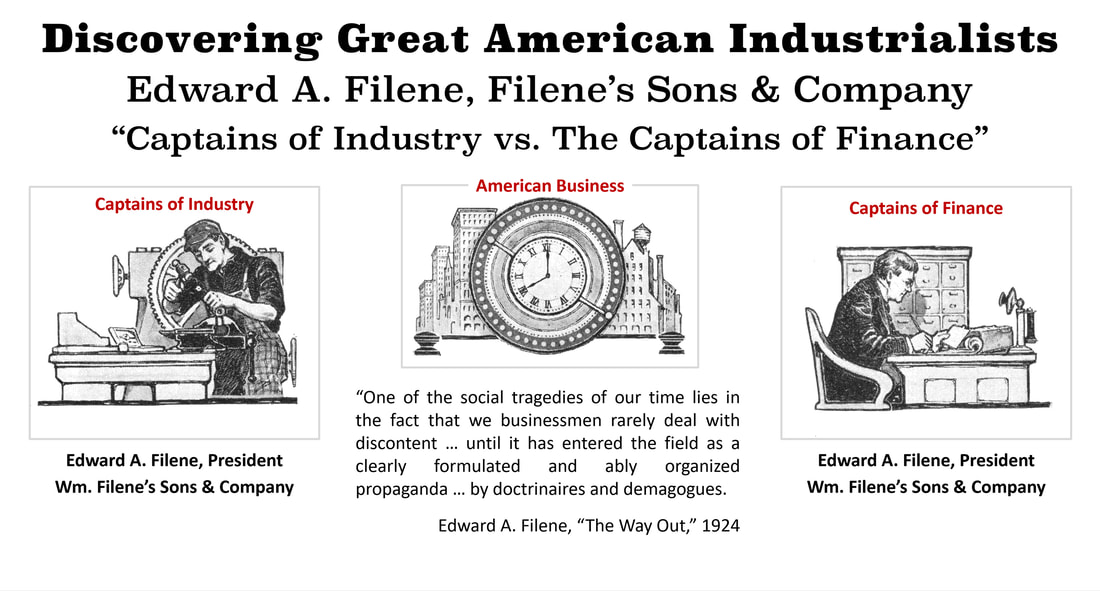
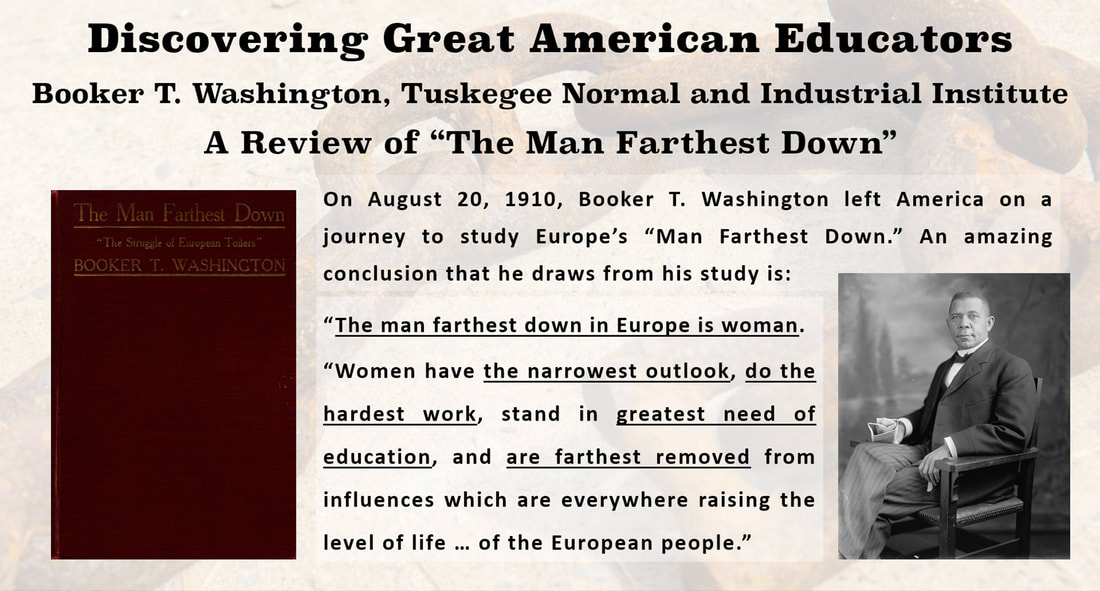
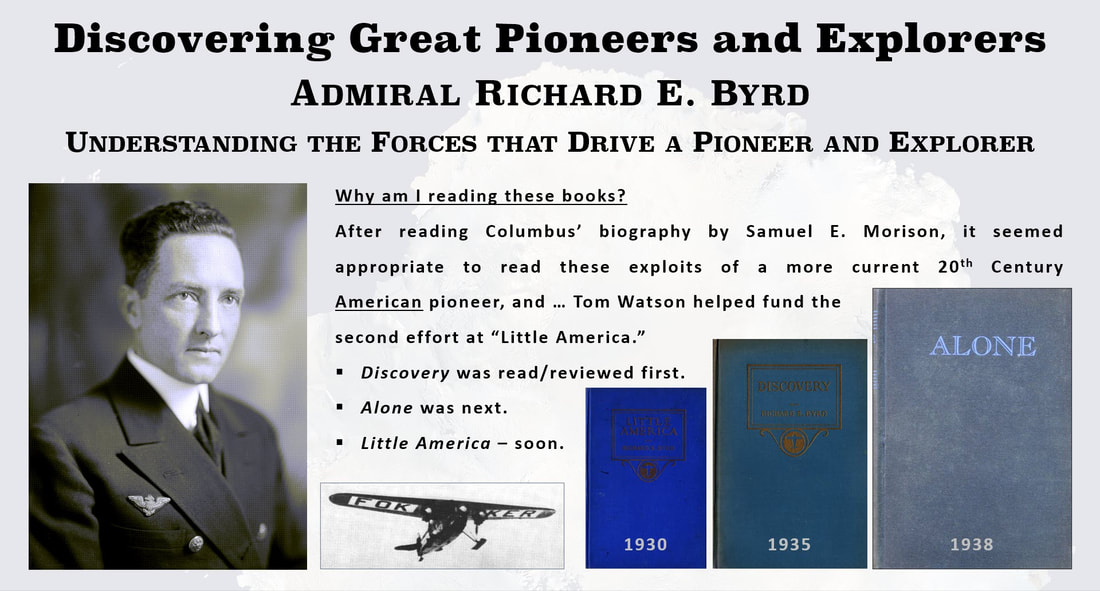
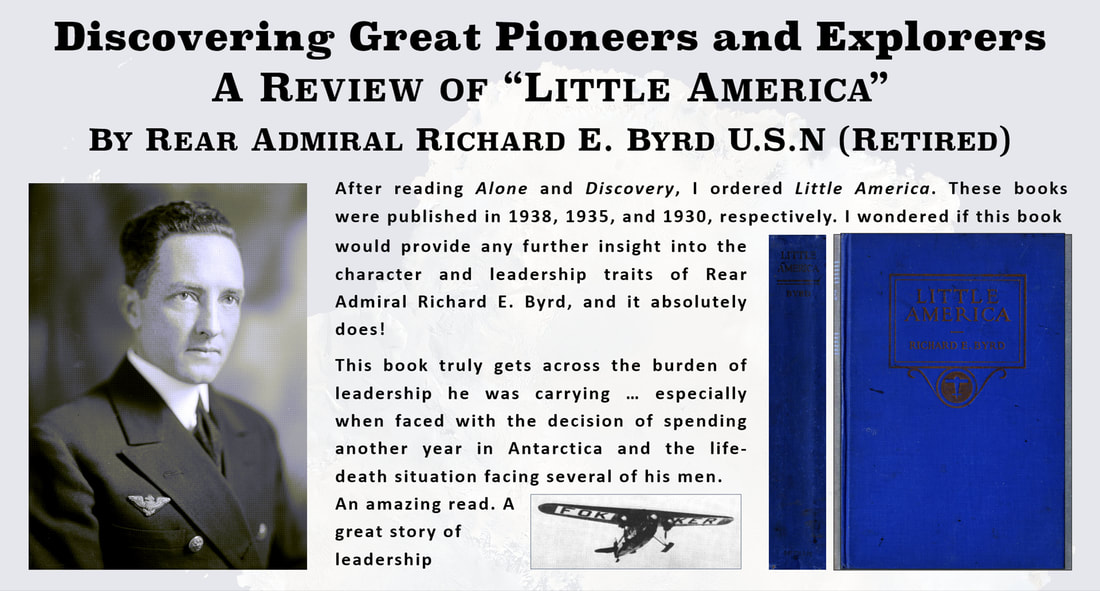

 RSS Feed
RSS Feed